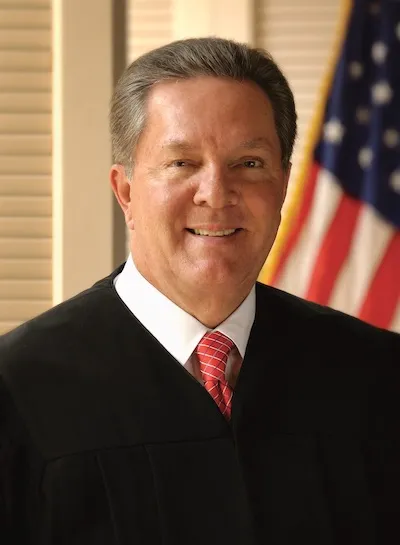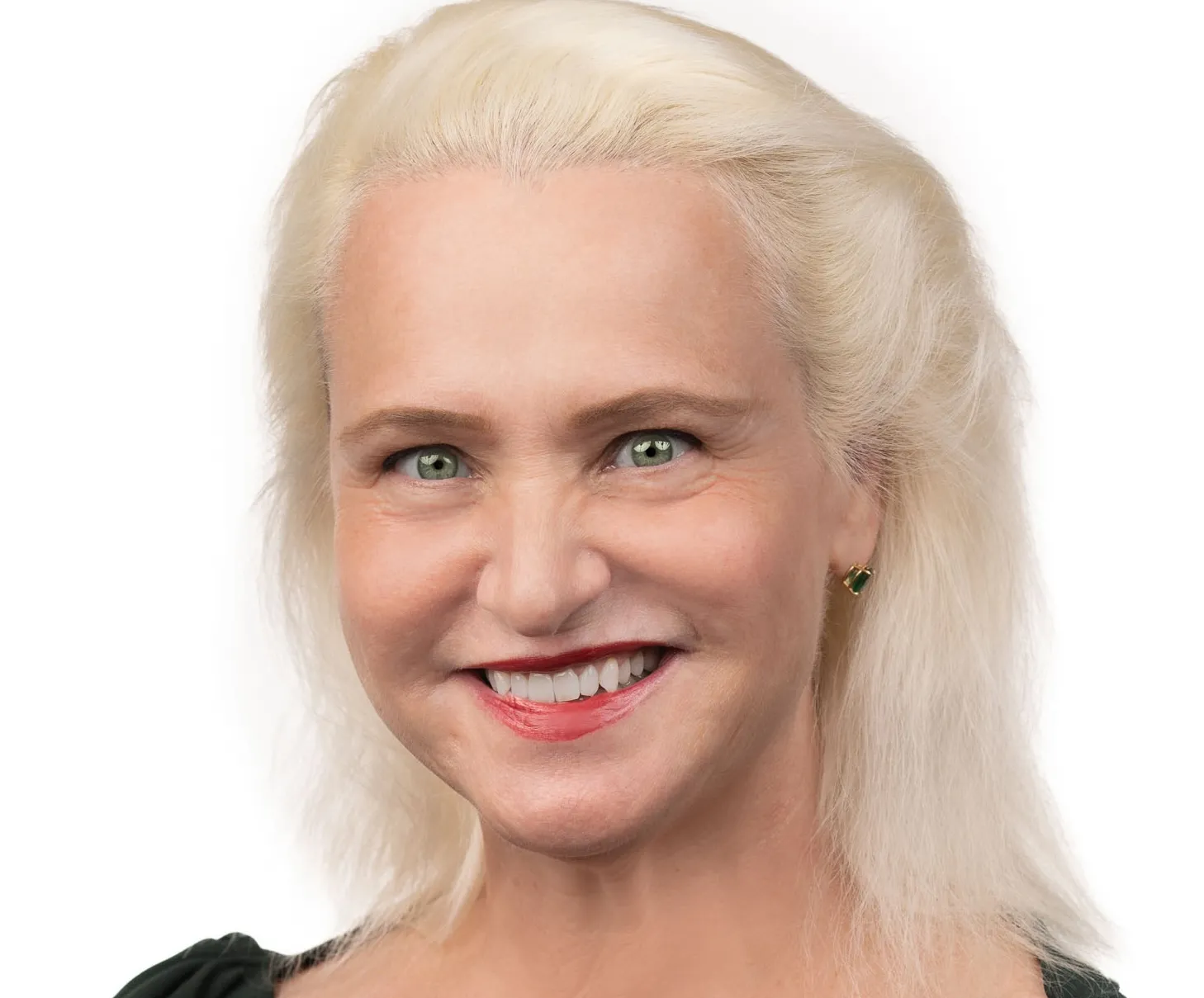Milan D. Smith Jr., ’69: A Fair-Minded Judicial Career with Bipartisan Roots

Milan D. Smith Jr., ’69, has served on the United States Court of Appeals for the Ninth Circuit since 2006. He is widely described as a moderate conservative judge who has joined in decisions across the ideological spectrum. “As a judge, I just don’t have a political agenda,” he said. “I suspect that’s part of the reason why I was confirmed by the Senate in a 93-to-nothing vote.”
Moderate doesn’t mean bland. He began a 2012 dissent with a lithograph illustration from Gulliver’s Travels, showing Gulliver helplessly bound and at the mercy of Lilliputians, followed by the words “Here we go again.” In the dissent he discussed several Ninth Circuit decisions in environmental cases that he said “undermine the rule of law, and make poor Gulliver’s situation seem fortunate when compared to the plight of those entangled in the ligatures of new rules created out of thin air.” The US Supreme Court subsequently overturned one of those decisions, and a second case was withdrawn. “I wanted to get the Supreme Court’s attention, and I am informed that I did,” he recalled. “Part of any legacy I have on the bench is in the field of environmental law, where I believe I have been an important factor in nudging our court to follow actual statutes and regulations, and [to be] less likely to conjure environmental rules out of whole cloth.”
Until the time he was appointed to the court, Smith had practiced law at the California firm that he founded just three years after graduating from the Law School. He had started as an associate at O’Melveny & Myers, but soon found that he was bringing in work that he concluded he could just as well handle himself. “I’m very entrepreneurial by nature,” he said. “I was confident that I could build a successful firm.”
During the years that he was practicing law, he also held two significant state positions. As president and then general counsel of the Los Angeles State Building Authority from 1983 to 2006, he helped achieve on-time and on-budget construction of two major state office building projects. When he was vice chair of the California Fair Employment and Housing Commission (CFEHC), he took a bold step that he believes was ultimately instrumental in securing his judgeship. After California’s highest court ruled that CFEHC, an executive branch agency, could not award monetary damages to victims of sexual harassment, Smith helped obtain passage of legislation allowing litigants to opt out of the CFEHC process and segue into the judicial system instead. When California’s governor vetoed that bill, Smith resigned in protest even though the governor was from the same political party.
Fifteen years later, when he met with California Senator Barbara Boxer as she was evaluating judicial nominees, she took out a copy of his resignation letter. “She said in effect, ‘I wish you were a liberal Democrat, but I’m never going to get that from George Bush. Your resignation shows me that you believe in the rule of law, you have integrity, are fair minded, and are mindful of the persons intended to benefit from the laws applied by the FEHC. I would be pleased to support you,’” Smith recalled. “With support from her, my brother, and Senators Orrin Hatch and Ted Kennedy, my confirmation went smoothly after the White House nominated me.”
Bipartisanship might be in his genes. His brother Gordon was a Republican US senator and his father was chief of staff to President Eisenhower’s secretary of agriculture, while his mother’s side of the family, the Udalls and Lees, includes both Democratic and Republican representatives and senators. His second cousin, Rex E. Lee, a 1963 graduate of the Law School, became US solicitor general during Ronald Reagan’s presidency. “It was Rex who took me aside when he heard that I was thinking about going to law school and told me that UChicago was the only place to go,” Smith said. “That was very good advice, and I’m very grateful for the full-tuition scholarship that helped make it possible for me to follow it. The Law School started me on the path to a career I have thoroughly enjoyed.”


